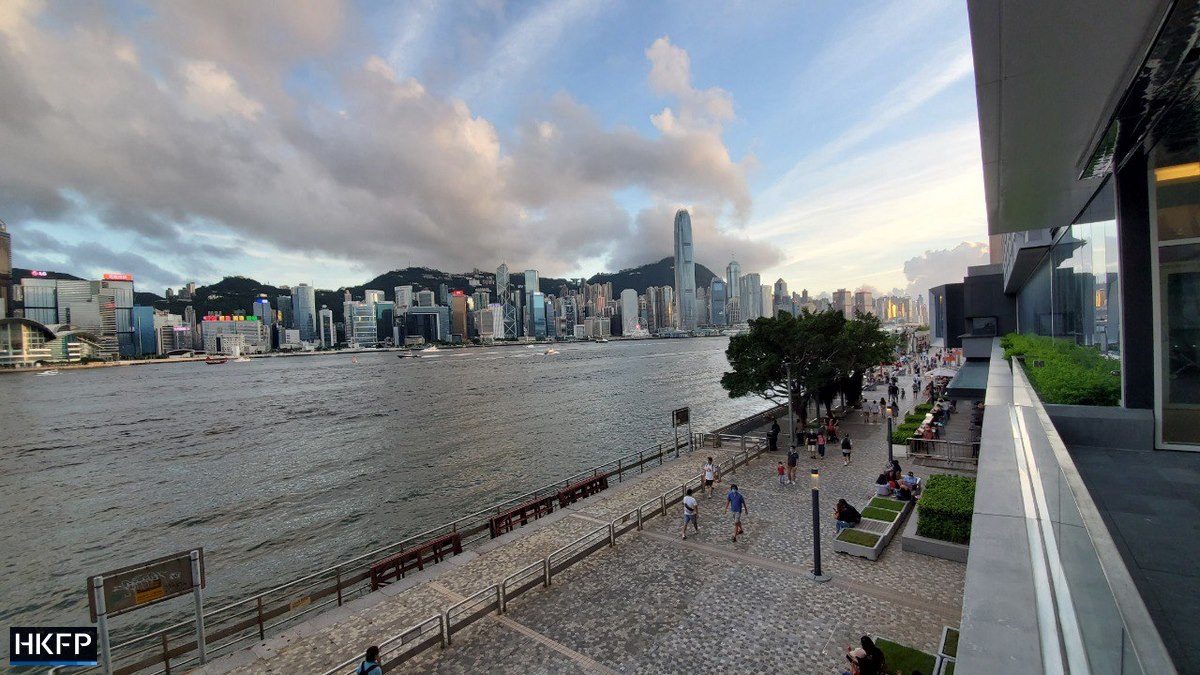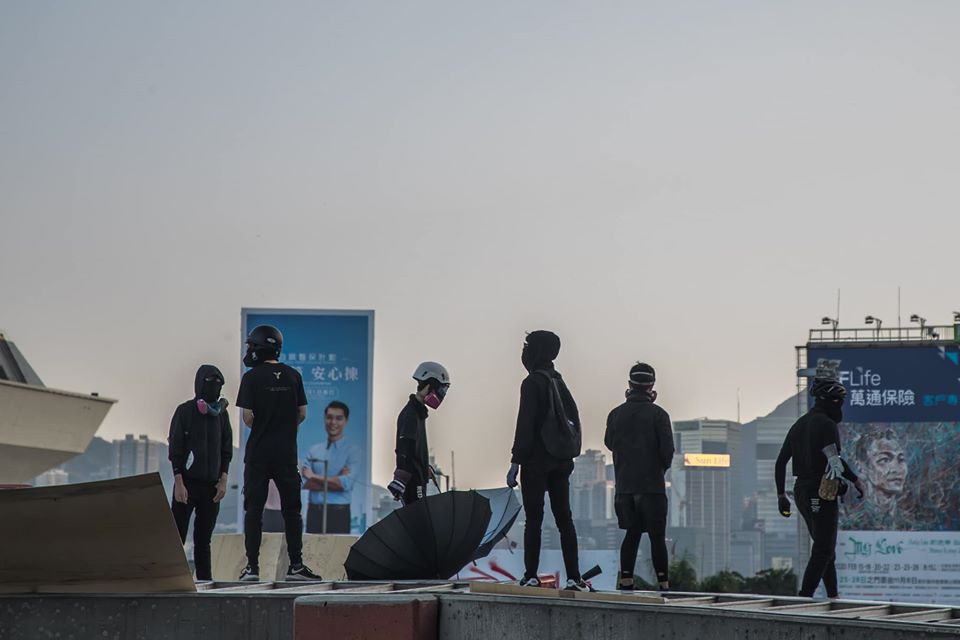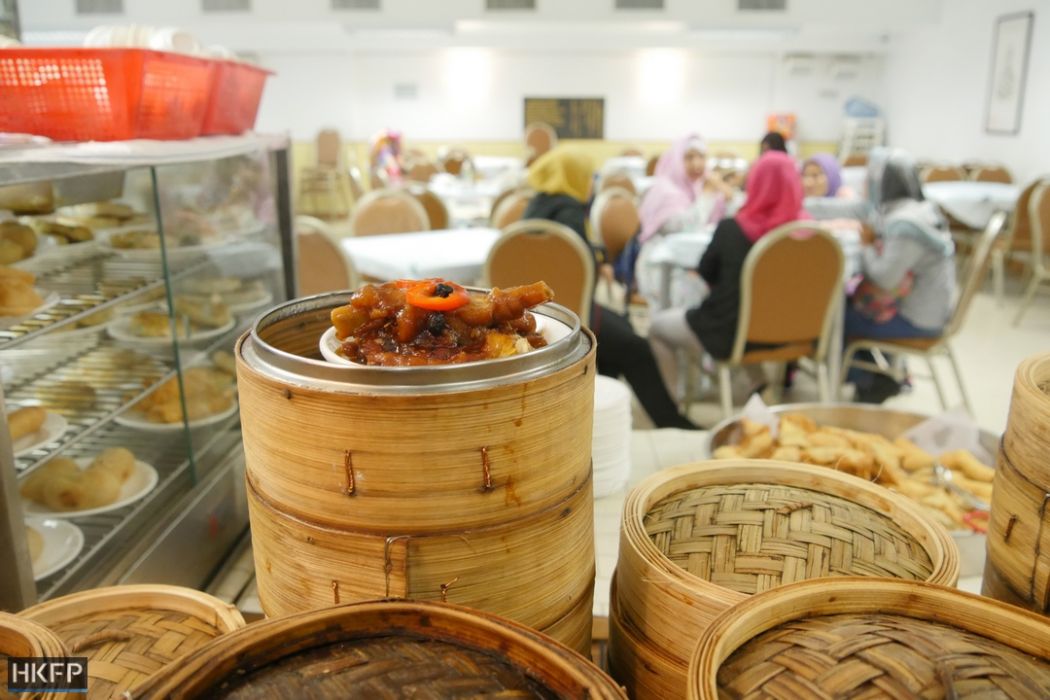Last year, the government created a stir when it announced that it had awarded a US$6 million contract to Consulum, a public relations firm specialising in government communications, to undertake a one-year consultancy on how to re-launch Hong Kong after its recovery from Covid-19. Professional help was considered necessary as the authorities had come under much criticism for failing to counter adverse overseas media coverage after the eruption of large-scale anti-government protests in June 2019.

In reply to a legislative question raised by me on 18 August, the Secretary for Home Affairs Casper Tsui confirmed that the consultancy had been completed. Consulum had conducted local and international baseline research to help the government better understand perceptions about Hong Kong in key markets. It had found “varying degrees of receptiveness to positive messages about Hong Kong in selected target markets.” Markets responded positively to “Brand Hong Kong” attributes such as “cosmopolitan, diverse, dynamic and connected;” “Hong Kong’s lifestyle also tracked very well as a city for fine dining at quality restaurants, attending world-class events, and visiting theatres or museums,” and “Hong Kong was the only Asian city that possessed three important attributes, namely, access to markets in mainland China and Asia; provision of a sophisticated and secure pro-business platform; and a cosmopolitan lifestyle.”
But because of uncertainties about the Covid-19 situation, implementation of the promotional strategy developed by the contractor was postponed. As a result, payment for the services provided by Consulum was reduced by US$730,000 to about US$5,270,000, or HK$41 million.

For a government whose recurrent expenditure for the year 2021-22 amounts to over HK$625 billion, spending HK$41 million on a PR consultancy is a pittance. But the question is: is the consultancy value for money?
The positive “messages” developed by the consultant which were found to have gone down well in our target markets – “cosmopolitan, diverse, dynamic and connected” – are, to say the least, mundane and unsurprising. These are attributes which can be easily identified by the Trade Development Council, Invest Hong Kong, and the Tourism Board after sounding out their clients in our major markets.
Even without details provided by the government, it is not difficult to imagine how the consultant would advise the government to promote Hong Kong, making use of the positive “messages” it had developed – place sponsored advertisements in major international media outlets; feature stories in lifestyle magazines; or engage reputable producers to make special travel documentaries on culture, cuisine and the way of life in Hong Kong, on the lines of the late Anthony Bourdain’s Parts Unknown.

There are two notable misses in the promotional package developed by the consultant. First, it does not include perceptions of Hong Kong in mainland China. Given that Hong Kong’s top trading and investment partner, in fact the mainstay of our economy, is mainland China, the lack of a survey on how Hong Kong is perceived in the mainland, especially after the highly adversarial, anti-China protests which raged through 2019, is unfortunate.
Although there is no lack of Hong Kong people who fear, distrust or despise mainland China, it cannot be assumed that our compatriots on the mainland have a favourable perception of Hong Kong, in light of our “unpatriotic” behaviour and our steady economic decline. It would be interesting to find out how people in different parts of the mainland perceive Hong Kong – a locomotive of growth for the neighbouring region (as in the past), a medium for the transfer of capital, skills and expertise from the West, or an ungrateful scion?
The second significant omission lies in the survey’s complete avoidance of sensitive political issues. The promotional strategy skirted all the doubts and questions on Hong Kong’s continuation as a free, open and diverse city, in the wake of the new national security law for Hong Kong enacted by Beijing, and the reform of our electoral system.
Such questions are difficult for a public relations contractor to answer. The consultancy was designed to avoid all these questions, focusing mainly on the “soft” side of Hong Kong.
But one year on, after the commencement of the new national security law, it is undeniable that law and order have been restored in Hong Kong. Most Hong Kong people sigh a big breath of relief that they can roam the city without fear of road blockages, MTR service disruption, or violent disruption caused by people in black hurling petrol bombs or battling the Police.

The facts are that, despite Australia being one of the first western countries to warn its nationals about the risks to their safety of visiting or remaining in Hong Kong after the commencement of the national security law, Australian actress Nicole Kidman and her film crew have chosen to do location filming in Hong Kong for their TV series The Expats.
Those who accuse the government, totally unfairly in my view, of granting Ms Kidman and her film an unfair “privilege”, have ignored the fact that the government has announced, through replies to inquires and LegCo questions, and on its thematic coronavirus website, that it already grants no fewer than 36 categories of of people exemption from quarantine when they enter Hong Kong from Mainland China, for various reasons considered to be in the public interest.
The government has also confirmed, in a reply to another LegCo question from me on 23 June, that they grant to designated persons from the financial sector exemption from quarantine, subject to full vaccination, self-quarantine at designated hotels or at home, point-to-point transport for undertaking essential business in Hong Kong and other stringent conditions.

The quarantine exemption granted to Ms Kidman and her crew is no different from the exemptions granted to the financial sector.
Their visit is definitely good for Hong Kong’s economy. At least 200 local crew and extras are employed. Moreover, the film producer’s choice of Hong Kong for location shooting, despite competition from other Asian cities, gives a big boost to its reputation as a safe and hospitable city.
After quelling the unrest of 2019, Hong Kong’s annus horribilis, and heroically fighting Covid-19 with considerable success in the past 18 months, Hong Kong’s rankings in various international surveys have moved up considerably.
Hong Kong was ranked first in The Economist’s “Global Normalcy Index,” which tracks how 50 countries/regions are returning to life before the pandemic.
It has moved up 12 places, compared to its position in 2019, and was ranked the eighth safest city in the Safe City Index 2021 conducted by the Economist Intelligence Unit.
The latest Human Development Index compiled by the United Nations also ranked Hong Kong favourably at fourth place, much higher than the two countries, the United Kingdom and the United States, which kept pointing a finger at the city over alleged human rights violations and democratic backtracking.

Hong Kong also beats on cuisine. Eleven Hong Kong restaurants were included in the list of “Asia’s Best 50 Restaurants 2021” (beating Japan, Singapore and Thailand), including the Chinese restaurant The Chairman, which snatched the top spot.
The facts speak for themselves – Hong Kong has come back, and is poised to come back even more noticeably when Covid-19 is totally under control.
In promoting Hong Kong, it does not work to dodge controversies. A full-throated relaunch of Hong Kong will be desirable at some point in time in the future, but not a “rebrand.” We are what we are, and no rebranding is necessary to camouflage the essential qualities of Hong Kong.
Support HKFP | Policies & Ethics | Error/typo? | Contact Us | Newsletter | Transparency & Annual Report | Apps
| HKFP is an impartial platform & does not necessarily share the views of opinion writers or advertisers. HKFP presents a diversity of views & regularly invites figures across the political spectrum to write for us. Press freedom is guaranteed under the Basic Law, security law, Bill of Rights and Chinese constitution. Opinion pieces aim to point out errors or defects in the government, law or policies, or aim to suggest ideas or alterations via legal means without an intention of hatred, discontent or hostility against the authorities or other communities. |
Help safeguard press freedom & keep HKFP free for all readers by supporting our team

More HKFP OPINION:
HKFP has an impartial stance, transparent funding, and balanced coverage guided by an Ethics Code and Corrections Policy.
Support press freedom & help us surpass 1,000 monthly Patrons: 100% independent, governed by an ethics code & not-for-profit.










